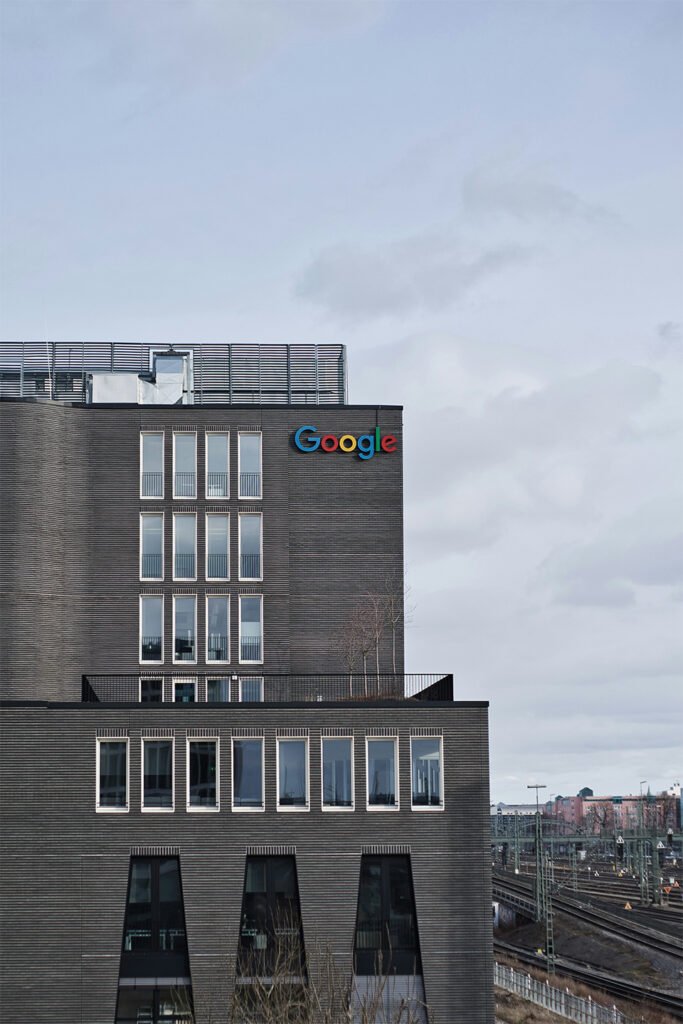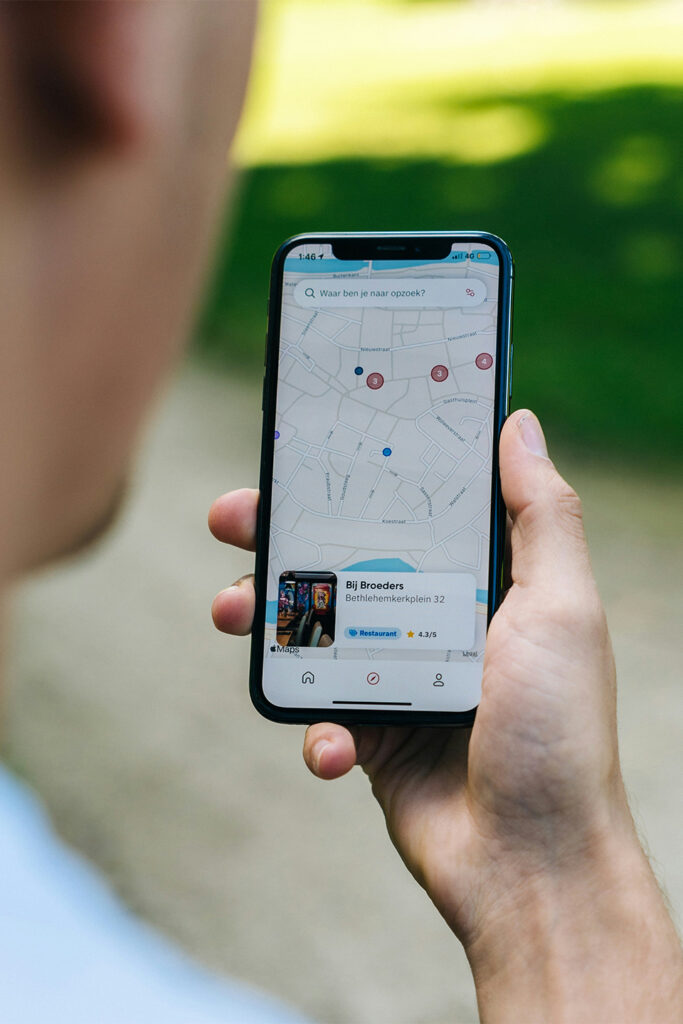
Optimise your hotel website for voice search
Google Assistant, Siri and Alexa are now familiar conversation partners for many guests
The way people search online is changing, and voice-activated search (voice search) is playing an increasing role in this. Google Assistant, Siri and Alexa are now well-known conversation partners. The quality of these voice assistants will only get better. As a result, we will use it more and more often in the future. Therefore, it is crucial that hotels do not wait any longer to adapt their SEO strategy. After all, guests are already increasingly searching by voice, and hotels that do not adapt their website and Google Company profile accordingly are missing out on bookings. Time to take action!
What are AI and voice search?
AI (artificial intelligence) is technology that mimics human intelligence. In search engine optimisation (SEO), AI helps search engines better understand search queries and predict user intent. Advanced algorithms such as Google's BERT and RankBrain allow search engines to interpret complex or conversational search queries more accurately.


Voice search enables voice search through a smartphone, smart speaker or other voice-activated device. This type of search is often more natural and comprehensive than a traditional, typed search. For example, instead of typing "luxury hotel Amsterdam", a user might ask, "What are the best luxury hotels in Amsterdam?"
Why optimise for voice search now?
More and more guests are searching with their voice
Research by Google and PWC shows that more and more travellers are using their voice to find hotels, make reservations and read reviews. Hotels that capitalise on this are increasing their online visibility and improving their chances of direct bookings. If you wait too long, chances are you will be snowed under by the competition. Voice assistants will often list a top three.
Voice search influences local search results
Many voice search queries contain a local component, such as "best hotel near me" or "luxury hotel in Utrecht with spa." Hotels that properly optimise their website and Google My Business (GMB) are found faster by potential guests.
Search algorithms are getting smarter
With AI-based algorithms, Google not only looks at keywords, but also at context and intent. This means that your hotel website should provide content that directly answers users' queries.
How do you optimise your hotel website for voice search?
Use so-called long-tail keywords
Voice search often consists of longer, conversational searches. Tune your content accordingly by using long-tail keywords and natural phrases. Instead of "hotel Amsterdam", optimise for "What are the best hotels in Amsterdam for a weekend getaway?".
Optimise for demand-based searches
Many voice search queries start with "how," "what," "where" or "why." Hotels can capitalise on this by creating FAQ sections that answer common questions directly. Tools such as AnswerThePublic and SEMrush help identify popular questions from potential guests.
Create conversational content
Write in a natural and clear manner, as if you were talking directly to your guest. Use short, concise answers and make your content scannable with headings, bullet points and lists. This increases the chances of your content being highlighted as a 'featured snippet' read by voice assistants.
Technical SEO for voice search
Besides content optimisation, technical SEO is essential for voice search. Here are four key pillars:
Use speakable schema markup
With structured data, you can indicate which parts of your content are suitable to be read aloud by voice assistants. This increases the chances of your hotel website being used as a response source.
Make sure you have a fast, mobile-friendly website
Voice search users expect quick answers. Make sure your website loads quickly, is mobile-optimised and offers a smooth user experience across all devices.
Optimise for local searches
Since many voice search queries are locally oriented, your hotel website should be locally optimised. This means:
- Using location-based keywords (e.g. "boutique hotel in Rotterdam")
- A complete and up-to-date Google My Company profile
- Consistent NAP data (name, address, phone number) on your website and online directories
Manage and encourage online reviews
Reviews play a big role in local SEO rankings. Positive reviews increase your visibility and build trust with potential guests. Actively ask satisfied guests to leave a review and respond professionally to all reviews.




